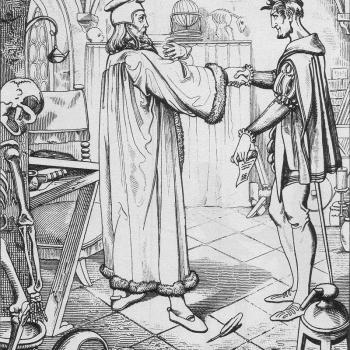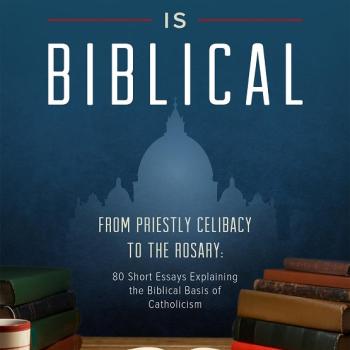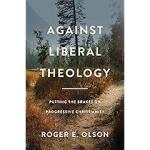The last two weeks has been a time for seeing old friends. At a conference nearby I met a few old friends from previous conferences and seminars, summer post-doc programs, and other professional associations. It was a great pleasure to see them again, to visit about our families and other friends, and just to chit-chat for a while. I left the conference quite happy to have been able to visit with them.
Then at university graduation a friend visited who had lived across the hall in the dormitory during my first year as an undergraduate. He brought along his children (two sons, one just graduating and off to law school, the other still in high school) and his wife, whom Janice and I had never met. We had dinner together and visited for a while. This too was a great pleasure.
The profound feelings of such friendships are hard to describe. There is something peaceful about meeting a friend, something comforting, and uplifting. While with them the world seems to be as it should. Perhaps that feeling is only nostalgia, a recollection of the pleasurable past shared with these friends. And it may be that the shared past I recollect exists only in my imaginary reconstruction of it.
I'm sure that nostalgia has something to do with the feelings aroused by these visits, memories of happy times when an almost completely open future lay before us and we anticipated it with not only hope but sometimes overweening confidence and sometimes still adolescent fear. In spite of that I don't think nostalgia accounts for everything I felt. It accounts for some of the pleasure, but I don't think it accounts for the feeling of security, of being safe and free from danger when with my friends.
Proverbs 17:17 tells us "A friend loveth at all times, and a brother is born for adversity," and Proverbs 18:24 tells us that in some instances "there is a friend that sticketh closer than a brother." To be with a true friend is to be with someone who poses no danger and who will stand by me when I am in danger. It is to not be dangerous to that friend and to stand with her in her adversity.
I have other friends from the university, the church, the stores around town, and so on, but few of those friendships share the same depth of feeling that I've had in these recent experiences. I feel varying degrees of security with my friends, but only with a few do I feel what I have felt with my truest friends.
Aristotle discusses that difference in kinds of friendship in his Nicomachean Ethics, using the Greek word philia. Sometimes the word is translated as "friendship," sometimes as "love." Both work. The New Testament speaks of the same thing, calling it agape, usually translated "love," but covering the same linguistic territory that philia had in Aristotle (and the Septuagint). Both refer to having a special interest in someone: my friends are those in whom I have a special interest.
Aristotle explains that there are several ways of having a special interest in another person. I have a special interest in the members of my family, in those who live in my neighborhood and in my town, in those who are part of my congregation, with Latter-day Saints elsewhere, as well as with other Christians, and with Jews, Muslims, Sikhs, Hindus, and other religious people. I have a special interest in my students and my colleagues at the university. In each of those cases my interest in others differs from group to group. Indeed, it differs from individual to individual within those groups. My friendships vary accordingly.
Giving an account of these differences in friendships, Aristotle says that there are three general kinds: I can have friends based on good character, based on the usefulness of the other person, or based on the fact that being with the other person is pleasant, and each kind of friendship can be between equals or unequals. Ultimately, however, a genuine friend likes the other person for the other person's sake. My interest in her is an interest in her needs, desires, and interests rather than my own. What makes a difference to her makes a difference to me.
Aristotle says that the most genuine friendships are those based on good character. That is the most genuine form of friendship because in the other forms of friendship it is less likely that a person can be interested in the other person for his or her sake.
That is the kind of friendship that Jesus has for us. He said, "Greater love hath no man than this, that a man lay down his life for his friends" (Jn. 15:13). Then he laid down us life for us. He has an interest in our interest, in what is in our best interests, even when we do not know what those are. He is a friend to all humanity. As the first lines of the old Protestant hymn say, "What a friend we have in Jesus, all our sins and griefs to bear!"





